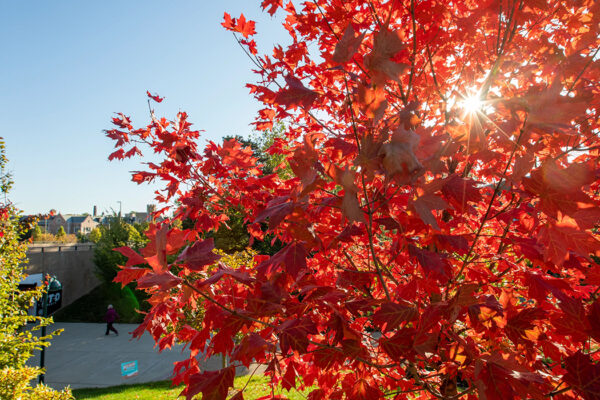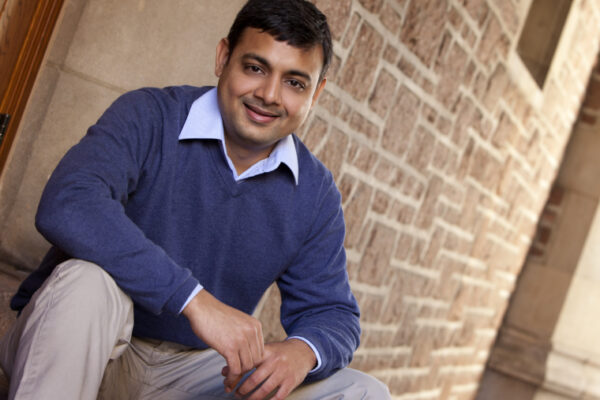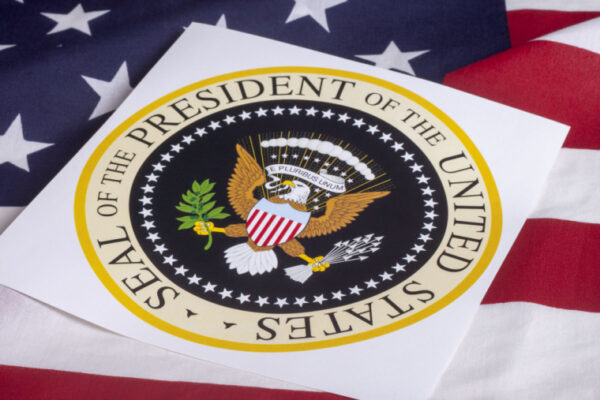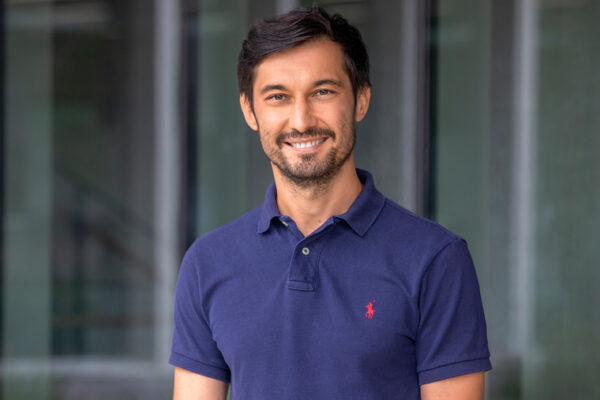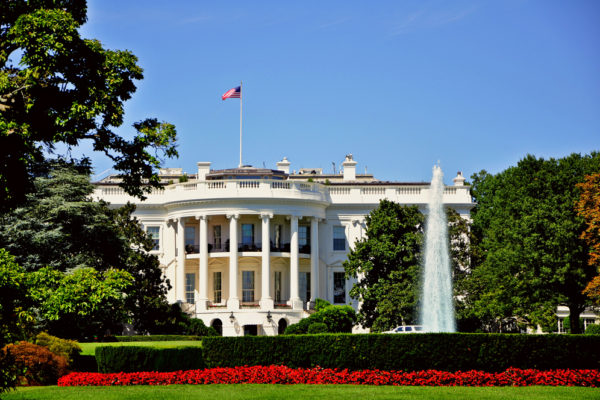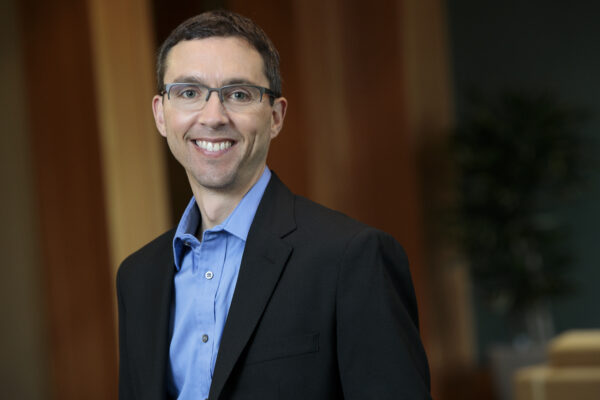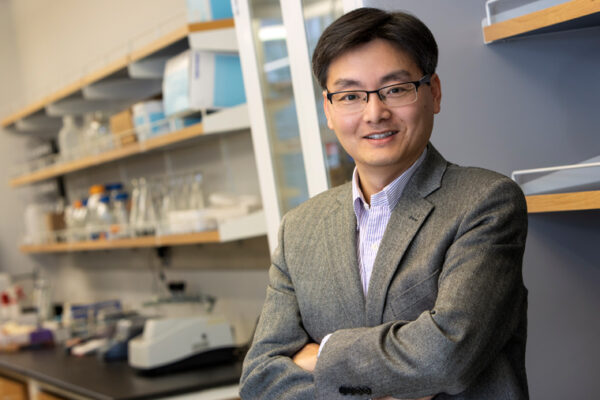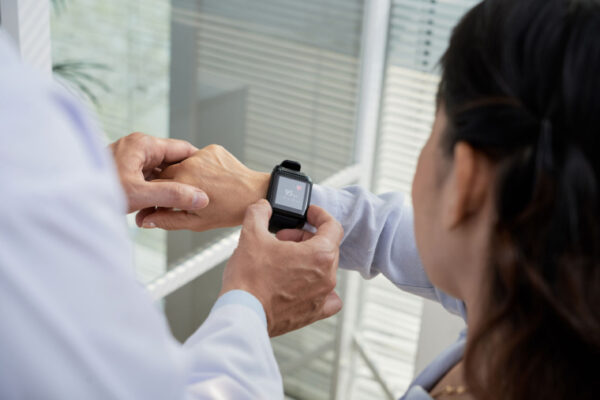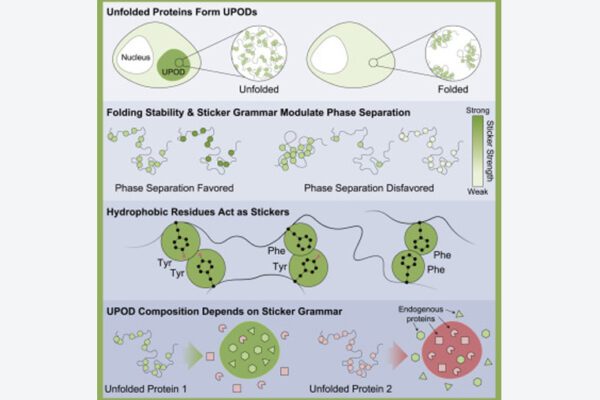No, autumn leaves are not changing color later because of climate change
Biologist Susanne S. Renner in Arts & Sciences explains why trees might actually be starting to turn red and yellow earlier, not later. Brilliant fall color might become a casualty of a warming world.
WashU researchers observe cancer-like nucleoli in healthy cells
A discovery in the lab of Amit Pathak at the McKelvey School of Engineering connects mechanobiology to nuclear condensates in healthy cells.
Roediger presents ‘Presidential Legacies’ session
Most presidents have 100 years until they fade from Americans’ memory. Henry L. “Roddy” Roediger in Arts & Sciences will discuss his research into this and the broader national collective memory on Sept. 29.
Machine learning generates 3D model from 2D pictures
Researchers at the McKelvey School of Engineering have developed a new model that can accurately create a continuous 3D model from a set of 2D images without being trained on previous images.
Kamilov awarded second Scialog grant
Ulugbek Kamilov at the McKelvey School of Engineering has twice been awarded a grant for cutting-edge imaging research.
Bose participates in White House summit on American bioeconomy
Arpita Bose, in Arts & Sciences, attended a White House summit on biotechnology, along with representatives from government and the private sector. In her research at Washington University, Bose harnesses the power of microbes to create new biofuels and bioplastics.
Sugarcane fires associated with mortality rates in South Florida
Research from a multi-institutional team, including Randall Martin at the McKelvey School of Engineering, estimated sugarcane fires in South Florida produce harmful emissions in quantities on par with vehicles — and play a role in the region’s mortality rates.
He is turning waste into commodity with DOE grant
Zhen (Jason) He is leading a multi-institution team developing a scalable upgrade to current wastewater systems with a $2.3 million federal grant.
Personalized prediction of depression treatment outcomes with wearables
Using Fitbits and a novel machine learning model, a multi-institutional team led by Washington University’s Chenyang Lu is ushering in the next step in personalization for treatment of depression.
How do cells take out the trash?
New research led by Kiersten Ruff, a senior research scientist in the lab of Rohit Pappu at the McKelvey School of Engineering, has uncovered the rules that govern how unfolded proteins are identified — and found that exceptions to the rules may play a role in dysfunctional cells.
Older Stories
